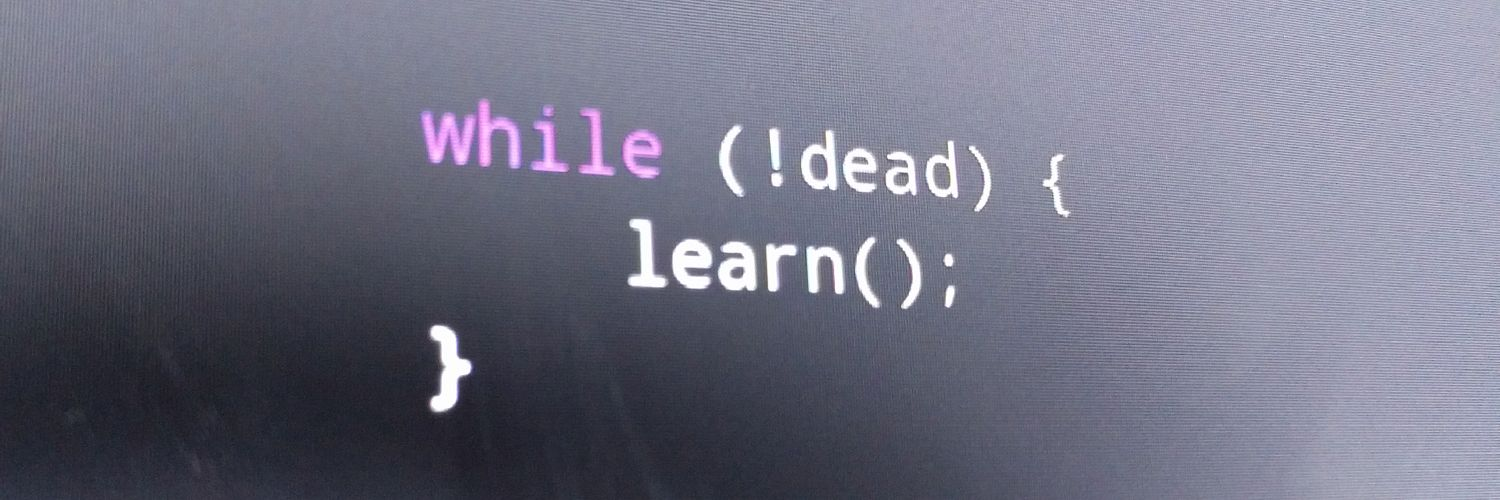Glints of Profession
Recently I caught a few tweets from Patrick Welsh where he briefly mentioned pair-programming with his young daughter while she was home sick from school. In particular the second one referenced being "green", as in all tests passing. It struck me on a couple of different levels, even beyond the "awww" factor.
(Let me not understate the "awww" factor. Stories like this set anticipation brewing in me. I can't wait to be able to share my passion for programming with my own son or daughter. Hopefully she listens better than I did when my dad attempted to enact the rituals of fatherhood with me at his workbench, under the hood of the car, and in the kitchen. Sorry Dad! If I could do it again, I'd pay attention this time around.)
This brief snapshot of their interaction conjured visions of the apprentice at the elbow of the master craftsman, absorbing subtle waves of well-worn trade wisdom. We're talking about more than just "measure twice, cut once" type of stuff here. The equivalent of that might be "fail fast". Very good, very fundamental advice, to be sure. But testing and TDD are at least one level above that.
At the level of TDD, we're dealing with explicable, transferrable techniques. Not just muscle memory, but practices. Practices that, when followed, guide the hands of the initiate on the path toward skill, consistency, and quality. To me, this is a huge indicator of mature and professional behavior on the teacher's part. And such things are themselves markers of the continuing evolution of programming from simply a job to a profession.
Compare these types of hallmarks to the ad hoc, piecemeal, on-demand way that most programmers still learn the tricks of the trade. Most of us are still tossed into the job without mentorship to speak of. We're lucky if we've been taught theory in school, but this is incomplete knowledge at best. (This is like the difference between knowing how a car works, and being able to build one.) But a relevant degree is not the path most commonly arrived by for programmers anyway. Most programmers learn through the work alone, maybe supplemented by online information gleaned from Stack Overflow questions, or blog posts where people have documented their own unique travails. Lessons are gleaned through individual trial and error, with the occasional vicarious horror story of warning.
This story is still common. Though happier alternatives are becoming more common. Many of us make quite a show of seeking to make programming a true profession. There's a Craftsmanship Manifesto. There are apprenticeships. There are actual, literal journeymen, as well as prolific, sough-ought masters. But these are all bright trappings, and it is quite easy to lose track of substance.
Profession is not found in titles and roles, or documents of good intent. Profession is not even found in the practices themselves, for TDD does not a craftsman make. Profession is found in the fact that there ARE practices which are known to improve the quality and consistency of work. Profession is found in the wisdom that is passed on by mentors, in concert with the mechanical skills of the job. Profession is found in the common platform of discipline, integrity, and mutual education upon which quality work, worthy of pride, is built.
I haven't seen what happens in Obtiva's apprenticeships, or in Uncle Bob's classes, or when Corey Haines pairs with his hosts. I trust that they do bear forward, at least in part, the evolution of our chosen trade. But in the words and excitement of Patrick Welsh's little apprentice, I can see for myself the rough diamond of profession glinting in the light.
